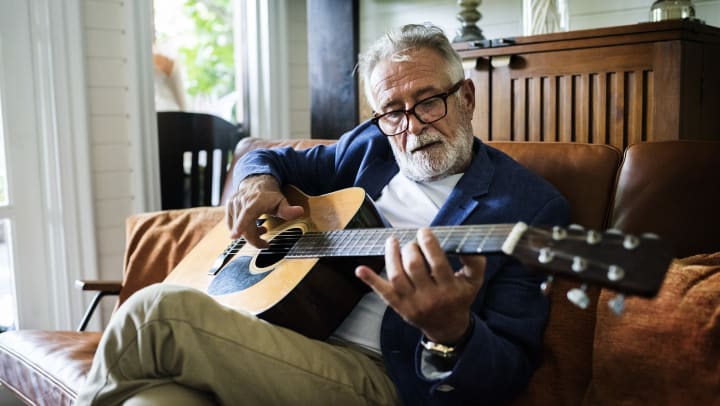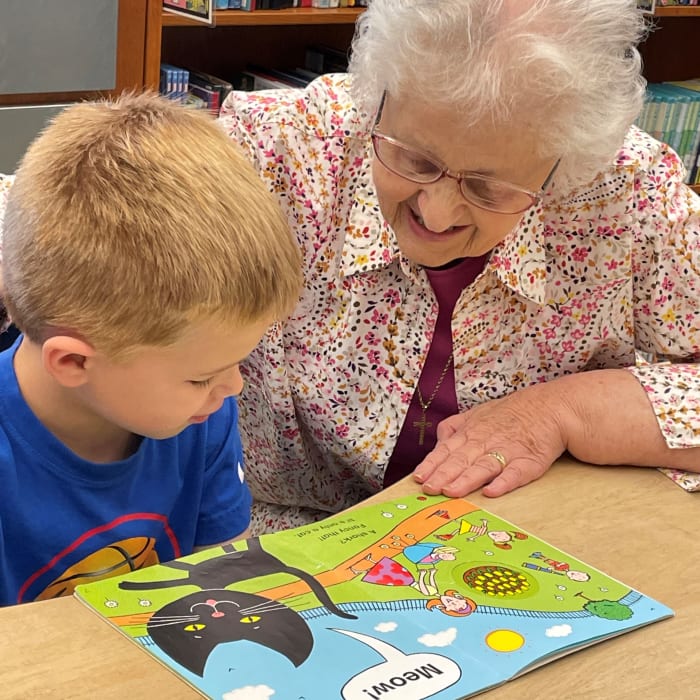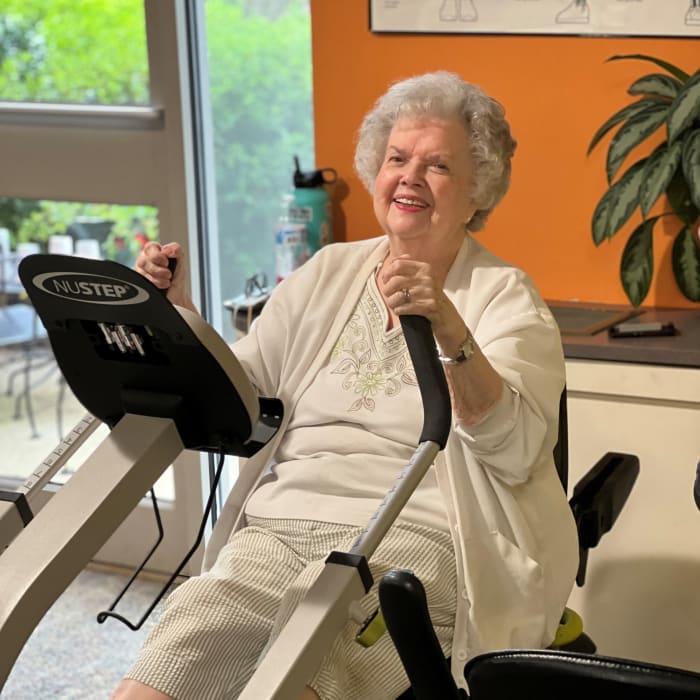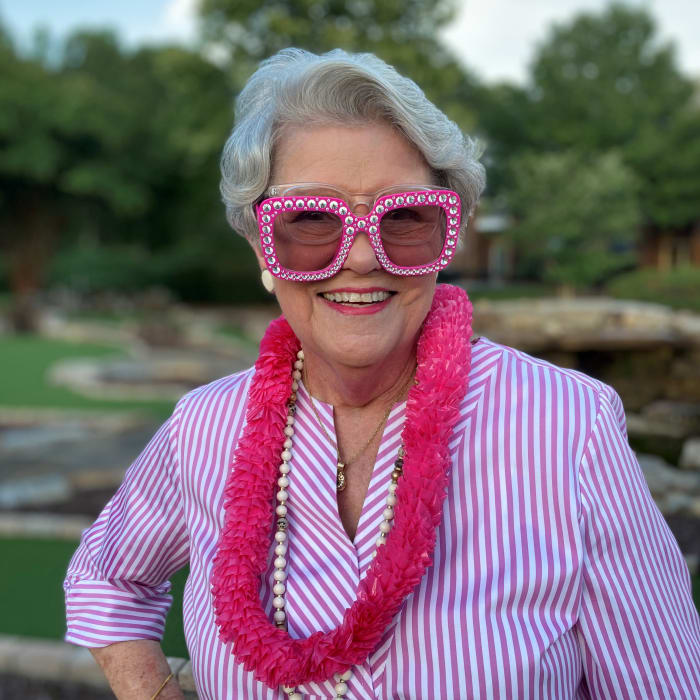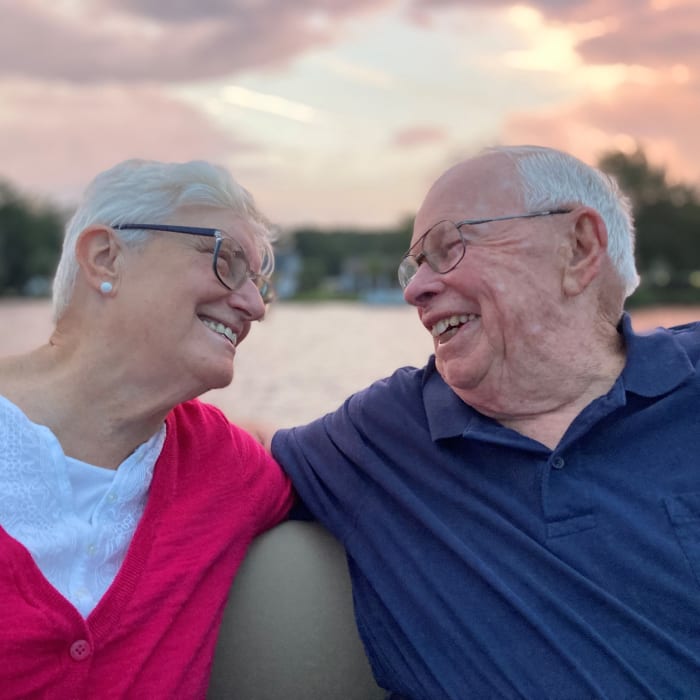The positive power of music
Hearing a few verses of an old romantic song, such as Nat King Cole’s “Unforgettable,” may instantly be reminiscent of a first love, bringing you joy. Or, picking up a guitar to strum along to a Ramones album may deliver memories of a garage band rehearsal with buddies from younger days.
The use of music, for both maintaining cognition and increasing quality of life for older adults, is receiving more attention than ever before. Recent studies are showing that active participation in making music enhances the lives of older people — mentally, physically, emotionally and socially. And, since life expectancy at age 65 years is rising rapidly, music-making provides a tuneful solution for coping with the aging process and the health conditions it may bring.
Improving health and well-being
Music is a meaningful stimulus for the vast majority of people worldwide, ranging from young kids to seniors. Research in neuroscience and psychology has shown that music can be used to stimulate brain plasticity, develop new cognitive networks and boost brain power.
Here is a look at the many benefits of music-making as you age:
• Reduces feelings of isolation and depression. The rousing effect of music can help combat apathy and aloneness.
• Encourages social interaction with others and provides a valuable communication tool when language abilities may be compromised.
• Helps soothe those with chronic illnesses, such as dementia, Parkinson's disease and stroke, by decreasing anxiety or agitation.
• Encourages a positive sense of well-being through enjoyment, empowerment and relaxation.
• Helps you to experience emotions. Music’s strong evocative power helps retrieve memories from our youth, which reinforces a feeling of self.
Many options for participating
Here is a look at some of the music-making options you may want to consider:
Take music lessons. For example, practicing music, to prepare for a piano or another instrument lesson can help reduce cognitive slow down and increase mental alertness.
Sing in a choir. Singing with others in a community choir or joining in at a sing-along provides an opportunity to engage with others.
Dance. Music is used to encourage physical movement through dancing, which promotes balance and coordination.
Try something new
Our senior living communities are designed to help you stay physically active and socially engaged. Using music as a bridge to activities is one way we encourage social interaction. To learn more about the musical events and programs we offer our seniors, please visit our website at www.prescommunities.org.
[sidebar]
It’s never too late to play an instrument
More and more older Americans are picking up instruments they may have always wanted to try or returning to those they may have played in their youth. Recent limits on socializing have provided ample time for this pursuit.
Even if you’ve never touched a musical instrument, taking one up now is an excellent way to help keep the brain healthy. How? Playing an instrument engages every part of the central nervous system.
For example, researchers from the University of South Florida, Tampa, looked at adults ages 60 to 85 who were taking piano lessons but had no previous musical experience. The study found more robust gains in memory, verbal fluency, processing speed and other cognitive functions, compared with those who had not received lessons.


